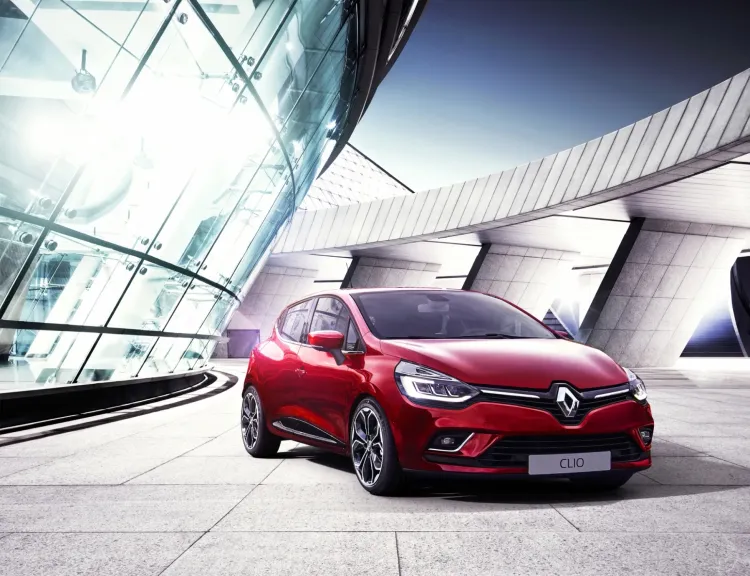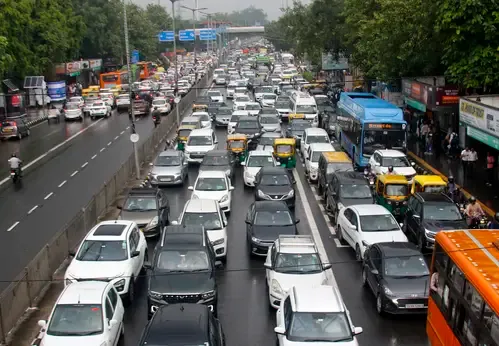Are Midsized Carmakers Struggling in S. Korea Due to Lack of New Models?

Synopsis
Key Takeaways
- Sales for midsized carmakers in South Korea remain low due to a lack of new models.
- Major foreign brands are outperforming local manufacturers.
- The combined market share of midsized carmakers has declined significantly.
- Demand for imported vehicles continues to grow in South Korea.
- Strategic changes are needed for local manufacturers to regain competitiveness.
Seoul, Oct 26 (NationPress) South Korea's three midsized car manufacturers have reported disappointing domestic sales through the third quarter of 2025, trailing behind prominent foreign brands due to a shortage of new model releases, according to data released on Sunday.
The total domestic sales for Renault Korea Motors, KG Mobility Corp., and GM Korea Co. reached 82,464 units by September, as per the figures compiled by auto industry tracker Carisyou. This raises concerns that their annual sales may barely reach 100,000 units this year, a record low.
In comparison, the three manufacturers' total domestic sales were 109,101 units in 2024, as reported by Yonhap news agency.
Breaking it down by company, Renault Korea Motors sold 40,431 units by the end of September, while KG Mobility followed with 29,969 units and GM Korea recorded 12,064 units.
Their sales figures have fallen short compared to major imported brands, with BMW, Mercedes-Benz, and Tesla achieving domestic sales of 57,840, 48,248, and 43,637 units, respectively, during the same timeframe.
An industry official expressed concern, stating, "It is troubling that South Korean manufacturers' performance has lagged behind Tesla, which has only introduced the Model Y here."
The three midsized manufacturers have gradually been losing market share domestically, with their combined market share dropping to 7.6 percent last year from 11.2 percent in 2021.
Industry analysts have linked the sluggish performance to the delayed launches of new models. Notably, Renault Korea Motors, which has typically been behind its medium-sized competitors, recorded the highest domestic sales among the three in the first nine months of the year, aided by its Grand Koleos SUV launched last year.
On the other hand, sales of imported vehicles in South Korea surged by more than 30 percent in September compared to the previous year, driven by strong demand for Tesla and stable sales of hybrid and electric vehicles (EVs), as per industry data.
According to the Korea Automobile Importers & Distributors Association (KAIDA), the number of newly registered imported vehicles reached 32,834 units last month, marking a 32.2 percent increase from 24,839 units registered a year prior.
KAIDA attributed this surge in sales to stable supply from various brands, new model launches, and proactive marketing strategies.









